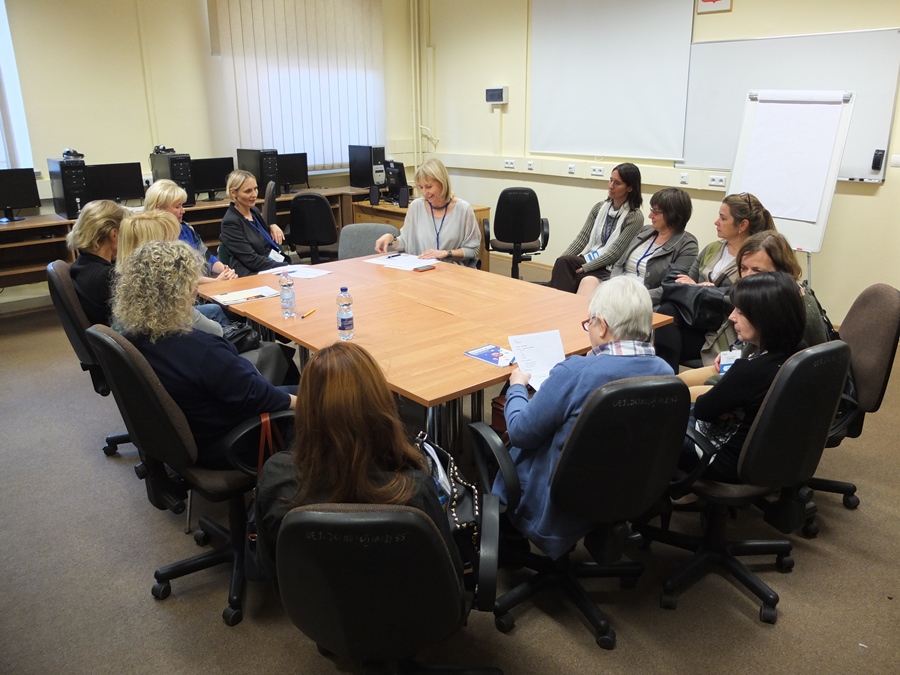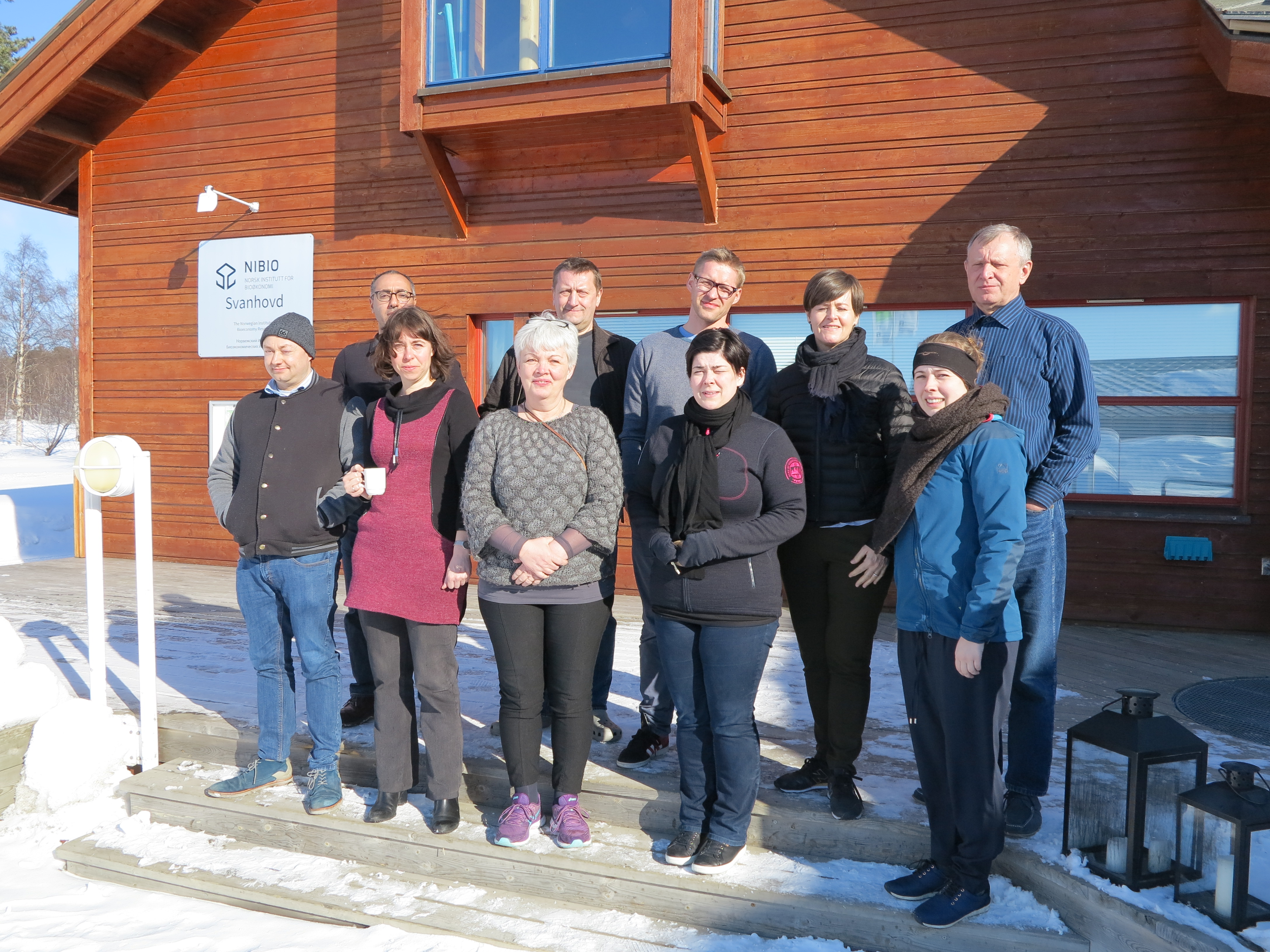News
- Details

Dear EDU-ARCTIC family. The end of the very first school year we spent together, has just brought us an amazing gift. We are extremely proud to announce the LAST MINUTE news: EDU-ARCTIC project has been awarded with honorary patronage by Minister of Science and Higher Education of Poland.
- Details

When somebody hear, that I spent over two years in Arctic and Antarctic, the first question is “Have you seen the polar bear/penguin?” (choose the right one). The same is true for lessons and workshops for students. But they very often have creative questions, that adults are too shy to ask.
What are they? Let’s go through the typical ones (remember – none of them is silly; every is inspiring, and encouraging to search for the answer):
- Details
 The results of the first Arctic Competition are known: More than 40 school teams from Europe participated in the 3 stages of the competition and 6 winners have been found. The winners have been contacted directly. We would like, once again, to congratulate the winners of the EDU-ARCTIC Competition! :)
The results of the first Arctic Competition are known: More than 40 school teams from Europe participated in the 3 stages of the competition and 6 winners have been found. The winners have been contacted directly. We would like, once again, to congratulate the winners of the EDU-ARCTIC Competition! :)
- Details

On Saturday 6th of May, we took opportunity to present EDU-ARCTIC to participants of the 14th Science Projects Workshop in the Future Classroom Lab, organised by Scientix and Next-Lab, which took place in Brussels in European Schoolnet office.
- Details

- Details
 One of the most recognizable Easter symbols is an egg. How do Easter eggs make it to the tables of Polish polar stations, so the staff can spend Easter just like at home?
One of the most recognizable Easter symbols is an egg. How do Easter eggs make it to the tables of Polish polar stations, so the staff can spend Easter just like at home?
- Details

- Details
 The tundra is a biome - an area of land that has specific plant and animal characteristics within a particular climate zone. Tundra is located mainly in the Arctic in the northern hemisphere, and covers approximately 20% of the Earth's surface.
The tundra is a biome - an area of land that has specific plant and animal characteristics within a particular climate zone. Tundra is located mainly in the Arctic in the northern hemisphere, and covers approximately 20% of the Earth's surface.

 This project (EDU-ARCTIC) has received funding from the European Union’s Horizon 2020 research and innovation programme under grant agreement No 710240. The content of the website is the sole responsibility of the Consortium and it does not represent the opinion of the European Commission, and the Commission is not responsible for any use that might be made of information contained.
This project (EDU-ARCTIC) has received funding from the European Union’s Horizon 2020 research and innovation programme under grant agreement No 710240. The content of the website is the sole responsibility of the Consortium and it does not represent the opinion of the European Commission, and the Commission is not responsible for any use that might be made of information contained.